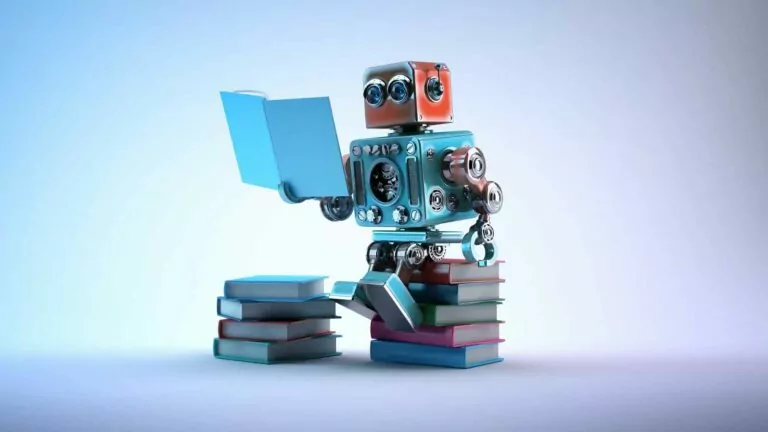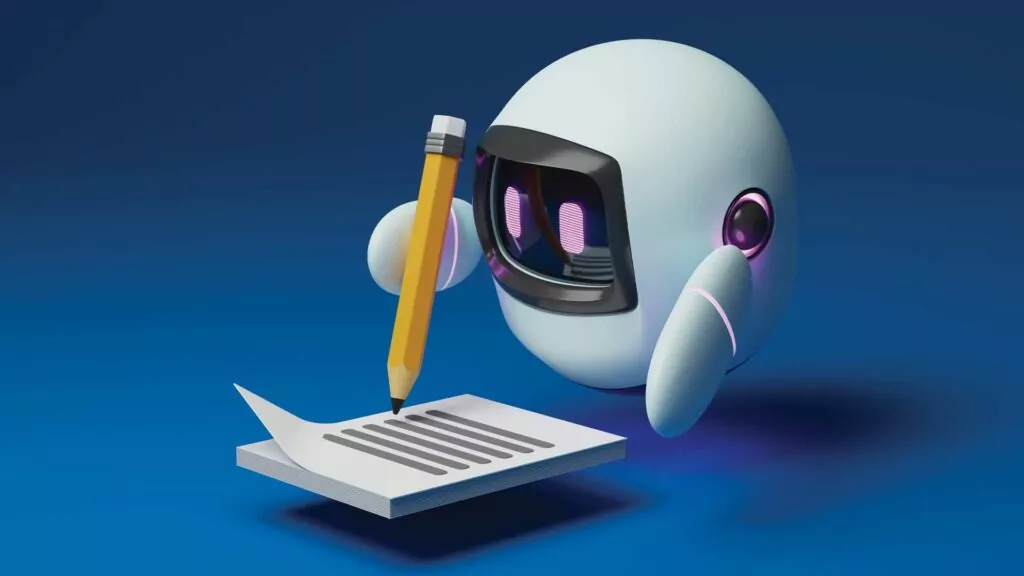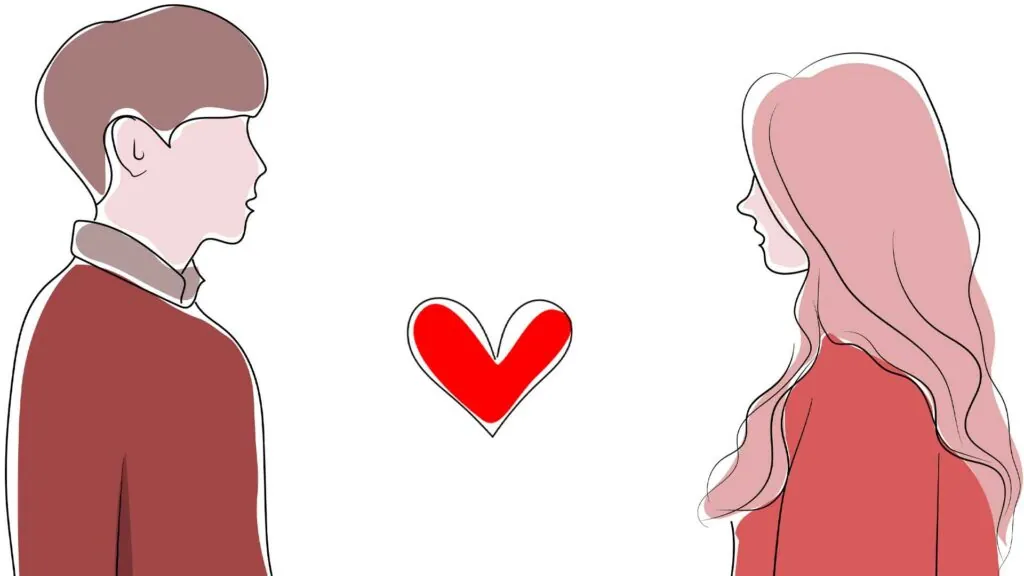Empty libraries and human-less humans
*****
Many new technologies are sold with the promise of freeing people from menial tasks. Dishwashers, dryers, tractors, and word processors are just a few of the many inventions that have made life easier, reducing the amount of backbreaking labor involved in necessary chores and leaving users more time for things worthwhile, like learning, creating, and enjoying relationships.
But what happens when technology promises to “free” us from even those worthwhile activities? That’s one of the many questions we face in the age of artificial intelligence. For example, entrepreneur and “Shark Tank” judge Davie Fogarty recently told his 40,000 followers on X that
“(r)eading books is now a waste of time. AI reasoning models can distill key insights and tell you exactly how to implement them based on everything they know about you.”
Can reading really be outsourced to AI? Should it be? Is this a post-schooling version of the new epidemic of AI-based cheating where students have chatbots do their research and compose their assignments? Is the study and reflection on ideas now as much of an historical anachronism as plowing a field by hand?
The process is the point
The belief that reading and writing should be delegated to AI betrays a confusion not only about what technology is for but, even more, what we are for. Also, it lands us in some dark places, philosophically and spiritually. Author and classics professor Spencer Klavan wrote on X that many students who outsource the slow work of reading and writing soon find themselves wondering what the point of life is. After all, why go on if humans are obsolete, and chatbots can perform every task better in a fraction of the time?
All new technologies require humans to wrestle again with what it means to be human. Human work is vital, not only because it is a way in which humans love and serve our neighbors, but because it is a fulfillment of the creation mandate. It’s true the Fall has turned much of our work into toil, and so any technology that alleviates futile, dangerous, and pointless work is a blessing. However, for some of our work, like reading, the process is the point. Not all activities can be measured in the narrow, utilitarian way that Fogarty and other over-eager fans of AI claim. Assuming AI can “distill” a work accurately, or that we need to be made “free” of sitting with an author, following an argument, or experiencing a narrative reduces truth, goodness, and beauty to mere data. To optimize or automate reading is simply not to read. It is like asking AI to free us from eating a delicious meal or taking a walk in the park with our kids. Some things cannot be optimized or outsourced, because they are irreducibly embodied, conscious, and human.
Required to read and wrestle
The best case-in-point is the Bible. God could have revealed what He wanted us to know in a bulleted list of “distilled” theological “insights” or moral pronouncements. Instead, He gave us a library of stories, proverbs, epistles, history, and authors, writing diverse types of literature over centuries, all of which comprise Holy Scripture. Part of what makes the Bible such a gift is the work and the humility God requires of us as we wrestle with It.
Describing the slow and divinely blessed act of reading the Bible as a “waste of time” is a failure to grasp what it is, why it was given to us, and why we, as creatures, need it. And this is also true of many other books. To “free” us from this wonderfully inefficient process is to free us of our humanity. It is asking to be liberated from the nature given us by the God whose image we bear. To paraphrase the Psalmist, this will be how humans in this technocratic age become like our artificially intelligent idols.
Novelist and songwriter Joseph Fasano wrote a poem entitled “For a Student Who Used AI to Write a Paper”:
I know your days are precious
on this earth.
But what are you trying
to be free of?
The living? The miraculous task of it?
Love is for the ones who love the work.
The most important part of that work, in fact, reflects what it means to be made in the likeness of God instead of a computer.
For more resources to live like a Christian in this cultural moment, go to Breakpoint.org. This is reprinted with permission from the Colson Center.












